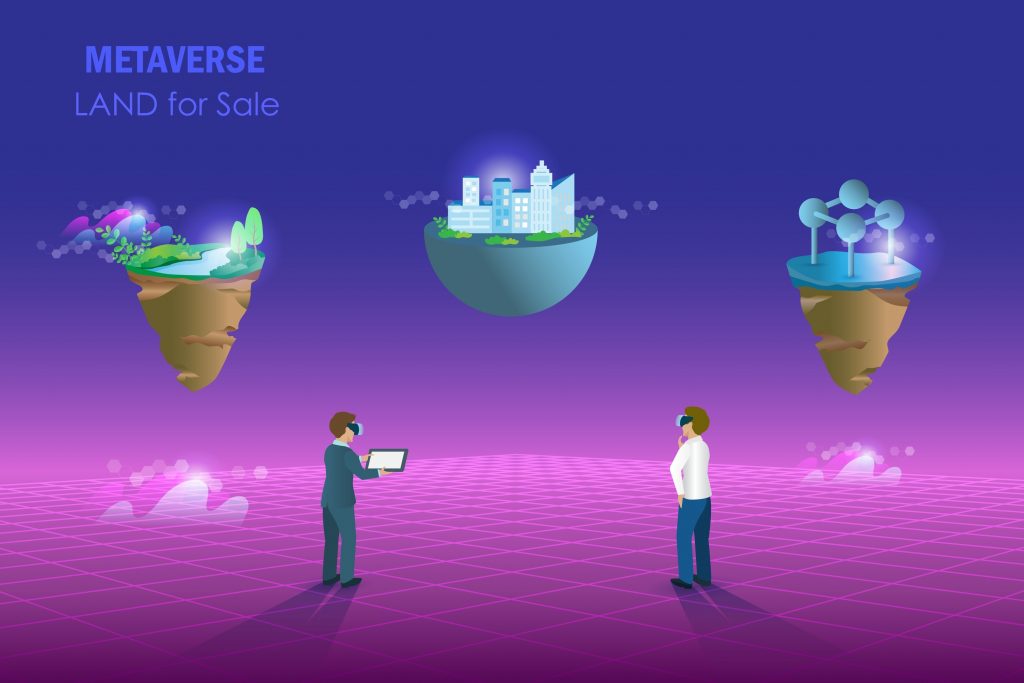
Global Properties
By Property Types
Hot Country

In this day and age, virtual and physical real estate exists within the same realm, this has, indubitably, led to a constant debate: Is virtual or physical real estate the better investment?
That being said, here’s a breakdown of the two — from what they are, the pros and cons, and finally, our final recommendation on which of the two would be a sounder investment.
Real estate has been a popular yet reliable form of investment for many years. Recently, the Internet recently presented an innovative and new opportunity to acquire assets that act as a digital version of traditional real estate, but without the physical location.

What is it?
Virtual real estate, otherwise known as virtual lands, are terms used to describe the purchase of land and property in a virtual environment — examples of this include online games, or in the case of Decentraland, the metaverse. It has rapidly become the new frontier for wealth creation in the 21st century
Virtual real estate is similar to owning real-life land in various ways. The value of your land increases over time; it can be sold as and when you like, and you can build on it to create something more valuable.
Like a coin, there are always two sides to everything. Here are some of the pros and cons of investing in virtual real estate.
Physical real estate refers to the traditional physical assets we’ve grown to be familiar with. From houses, apartments, lofts, commercial buildings, and even undeveloped land.
These investments can be very lucrative, especially if you own a physical asset that appreciates in value over time. Given if the property does not increase in value, you can still profit by renting it out or flipping it.
That said, the vast majority prefer to invest in physical real estate as it is relatively easier to comprehend the benefits that come with it (eg: location, accessibility) You can also leverage by familiarising yourself with the local market while working with professionals whose aim are to guide you to the best substantial opportunities.
Just like many things, physical real estate has both perks and drawbacks, which will be listed below.

Thus, both Virtual Land and physical real estate are great investment options. Eventually, it comes down to what you want from your investment, your financial goals, and the type of investor you aim to be.
Physical real estate offers storage of value to your investment. It provides you with opportunities to rent out extra rooms or sell them for a significantly larger sum of money.
On the other hand, virtual real estate costs less per m² to own or purchase in comparison to physical real estate. You’re given the opportunity to invest without having to pay commission or fees associated with the sale of the property.
Ultimately, we strongly believe physical real estate is the ideal way to a more consistent and fruitful investment. Though it requires significant resources and effort to set up, it eventually provides you with a stable cash flow and capital growth in your investment with a mitigated volatility risk.
Suited to cater to your every property investment needs, unveil the world of real estate and begin your journey today with Juwai.Asia!